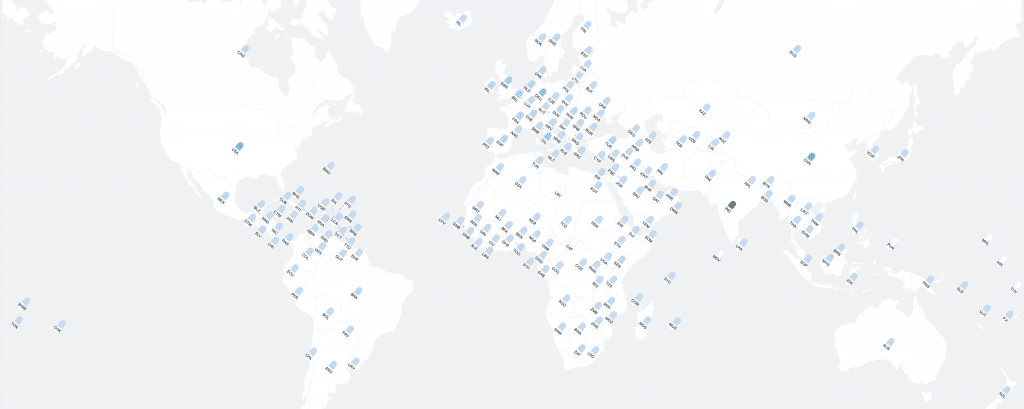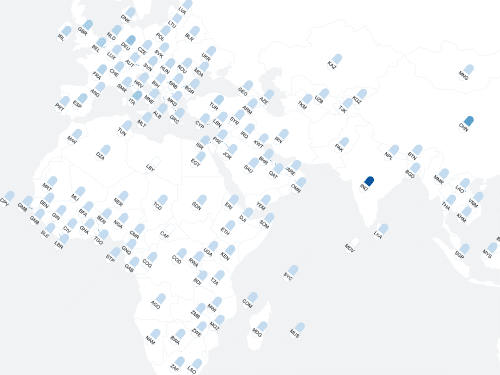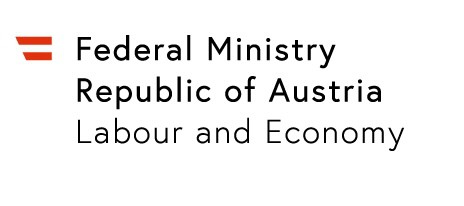Global supply shortages of antibiotics are currently on the rise. A study by the newly founded Supply Chain Intelligence Institute Austria (ASCII) in collaboration with the Complexity Science Hub now deciphers the causes of the shortage: First and foremost, the increasing concentration of production in two countries – China and India. Investing in a well-developed data infrastructure can help remedy the situation.
“Our data shows a clear trend of increasing concentration of production on a few countries, namely China and India,” explains Peter Klimek of the Complexity Science Hub and the Supply Chain Intelligence Institute Austria (ASCII). A trend that accelerated even further during the pandemic.
These dependencies are not apparent in direct imports but become clear as one traces the value chain further back. Intermediaries and active pharmaceutical ingredients (APIs) are more concentrated than unpackaged and packaged products. 76% of intermediaries manufacturing sites and 59% of API producers are located in China and India. “If a shortage occurs here, potential substitute products are also more likely to be affected by shortages,” Klimek said. In line with this observation, the estimated number of shortages that could be addressed through substitution has halved from 2018 to 2020.
PANDEMIC LOWERED DEMAND FOR ANTIBIOTICS
The measures taken to combat the SARS-CoV-2 pandemic also reduced the circulation of other pathogens. As a result, both demand and consumption of antibiotics in the general population and in hospitals fell dramatically – by about 20% – during the pandemic. In 2022, when many countries stopped taking measures to contain SARS-CoV-2, antibiotic consumption increased accordingly. Combined with geographically concentrated production systems, shortages occurred in large parts of the world.
RELOCATE PRODUCTION?
One of the few European production facilities for antibiotics is located in Kundl, Austria. Despite this (according to the Austrian Federal Office for Safety in Health Care, as of March 9, 2023), several products are on the list of antibiotics not available in Austria. “Our data show that Austria is most closely linked to Spain in terms of supply chains,” Klimek said. However, due to indirect dependencies, China is right behind it in second place, he added.
WHAT TO DO?
To better quantify and predict drug shortages in the future, both short-term and long-term measures are needed. “One of the most important things will be to invest in data, planning and forecasting infrastructure to measure, understand and forecast the demand for antibiotics,” Klimek explains. The focus should be on those drugs for which substitutes are also lacking.
Furthermore, greater emphasis should be placed on security of supply and appropriate measures taken, he adds. After all, a well-designed market should internalize the risk of disruption. “Today’s antibiotics market structures are highly internationalised. This ensures low prices, which is desirable. Unfortunately, security of supply has repeatedly proved to be a weak point. Consideration should be given to a market design in which health policy does not need to intervene and which still guarantees security of supply”, says co-author Klaus Friesenbichler (ASCII and WIFO). Providing market incentives for the development of new antibiotics will be particularly important as resistance to existing products increases. A failure to develop new and improved antibiotics therefore poses a risk to society.
In the interactive visualization, created by Liuhuaying Yang of the Complexity Science Hub, you can explore the connections and interdependencies for yourself. This video shows how it works.





